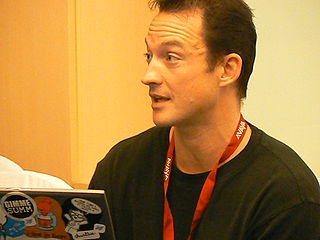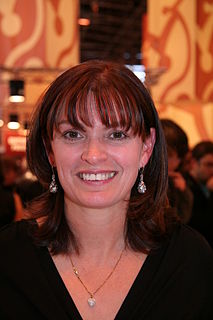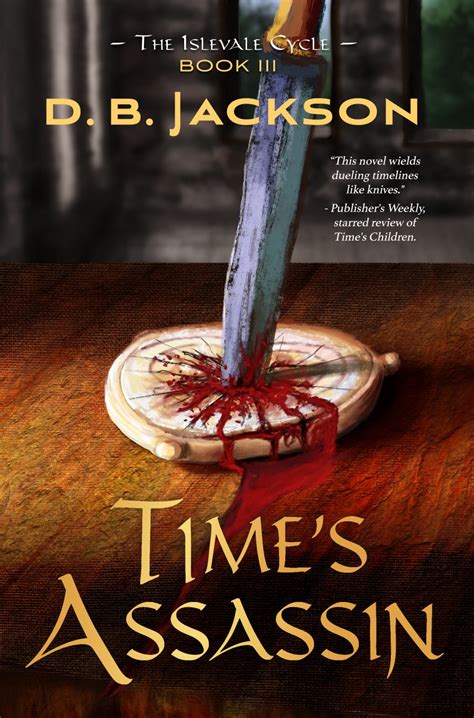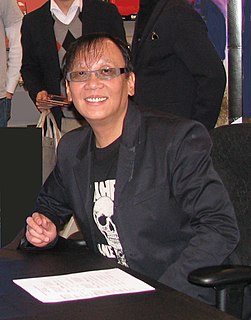A Quote by Chris Avellone
A lot of the strength of an RPG world lies in its foundation: its systems, lore, and when appropriate, its magic systems. While there are elements tied to 'Project: Eternity' that at first glance seem to be classic fantasy, that's intentional - we do want to recreate some elements of a High Fantasy experience.
Related Quotes
While the whole 'God Butcher Saga' had elements of fantasy, sci-fi and horror all mixed together, 'The Accursed' is very much high-fantasy. Right out of the gate, we've got elves, talk of fantastic worlds, strange creatures, Malekith riding a flying tiger, as well as more dwarves, giants, trolls and elves than you can possibly count.
I don't really deal with the attention I receive to be honest. I build up a fantasy world around me that I inhabit. I cherry pick elements of literature, music, film, history and art, then weave them together to construct a fantasy reality to live in. It doesn't always work out though, I got evicted from my own fantasy once, which was quite embarrassing.
A lot of people feel like urban fantasy is a shortcut that gets you around world-building, because it's set "in the real world." But it doesn't really work that way, as I found out. You have to come up with just as consistent an internal cosmology and magic system as you would if you were writing high fantasy.
The most important part of a RPG is the player feeling like they are taking the role of a character in a fully realised fantasy world. They can explore, visit various towns and places, talk to people, customise their character, collect various items, and defeat monsters. The story is not the focus of the experience and is only there to make the atmosphere of the fantasy world more interesting and engaging during the course of the game.






































